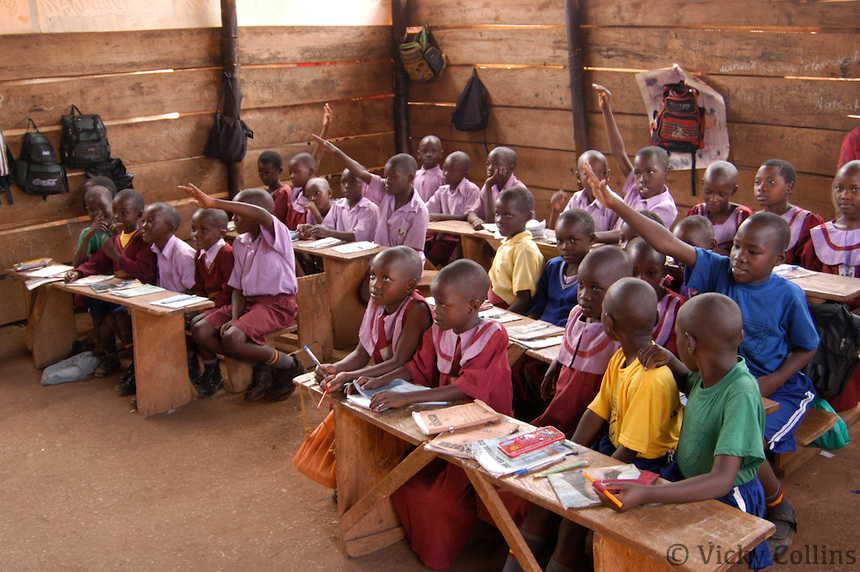In the 21st century, for many young people “finding a job” is just not an option. And in Uganda, with youth unemployment at around 66 percent, the highest rate in Africa, schools need to tailor their education to meet the different needs of society.
| We are seeing that the youths that are undergoing the Educate! programme actually become community leaders because they are aware and cautious about what’s going on in the community and sort of provide solutions for those challenges the community is going through. |
Educate! is an experience-based education model where a mentor goes into a secondary school with 40 “scholars”. The mentor spends time with the scholars, delivering sessions on entrepreneurship, leadership, critical thinking and problem solving.
The pedagogy enables the use of games, group work and encourages public speaking. The scholars are encouraged to set up businesses, which are open to everyone in the school. They are also encouraged to be responsive to the needs of their local communities.
“Uganda has such a huge young demographic, over 70 percent of the population is actually young people under the age of 13, and the challenge that we are having is that there is a mismatch between the number of students that graduate from school, and the available jobs in the market,” Emmanuel Kaylebi, the programme coordinator of Educate! says.
Educate! focuses on making entrepreneurship – not just the theory, but the practise of it – a key part of what they offer.
“One of the things you go through in Uganda’s education system [is that] they give you a lot of theoretical knowledge … What typically happens to most of us is that after school you cannot find employment. You don’t have the right skills for you to get employed. So, if an employer is going to give you a job, they have to first train you again [with] skills that ideally education should be providing to you,” Kaylebi says.
Lilian Aero Olok joined the Educate! project in 2009 while she was at secondary school. Her project provides counselling and community support to over 100 widows and women affected by HIV/Aids. She mobilises funds for the project by teaching women how to make recycled paper beads which she then buys from them. She is now working with more than 230 women and exports the beads all over the world.
“I want to see a change, I want to see a transformation from being an impoverished community to being a middle income earning community, because poverty, HIV/Aids and single motherhood and widowhood is so high in this area…. Running my own business has helped me pay for myself at school, it has also helped me take my daughter through school, and it also helped me get the lovely house that I have now,” Lilian says.
Educate! currently works in 250 schools in Uganda, with another 100 lined up in the near future. It aims to reach 24,000 students in Sub-Saharan Africa by 2024.
The film follows a mentor and the “scholars” as they set up a new business in the school. We also track the students as they juggle their studies, home life, and the pressure of making the business successful.
Funds are limited and the only money they will have to invest will come from their profits. But the business skills they learn through real-world projects will prepare them for a future where they will be able to support their families and play a leading role in their communities.
 |
©Aljazeera



